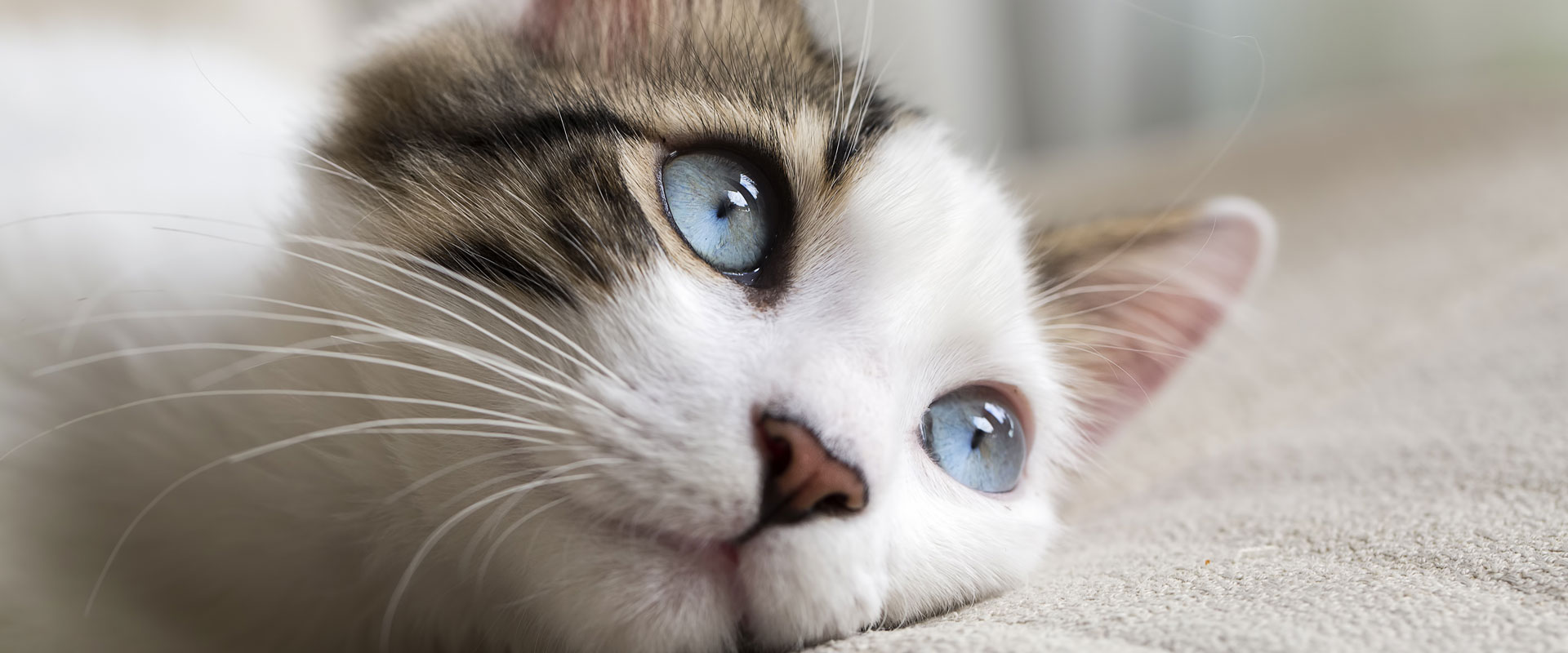What Is Chronic Kidney Disease (CKD) in Cats?
Chronic kidney disease (CKD) in cats (also called chronic renal disease and kidney failure) is a progressive condition, with which a cat’s kidneys gradually stop working properly. CKD is a fatal condition. Untreated, it will progress quickly. With proper management, cats with CKD can live long lives.
The kidneys carry out many functions which are vital to a cat’s health. They’re responsible for regulating the amount of water, salts, and other electrolytes in a cat’s system. They help to regulate blood pressure. The kidneys are also responsible for expelling waste, such as urea and creatinine, from your cat’s system.
Signs and Symptoms of Feline Chronic Kidney Disease
Initially, chronic kidney disease can be difficult to detect, as initial symptoms can be quite slight and worsen, becoming more noticeable, as the disease progresses. Signs and symptoms include:
- Incontinence
- Increased production of urine
- Dehydration
- Excessive thirst
- Appetite loss
- Weight loss
- Lethargy
- Muscle weakness
- Unhealthy coat
- Vomiting
- Bad or metallic-smelling breath
- Seizures and collapse
Some cats also develop anemia, which can cause shortness of breath and pale gums. Some also develop high blood pressure, which can lead to strokes and/or blindness.
What Causes CKD in Cats?
Cats develop CKD for a myriad of reasons. Some cases are genetic. Some result from tumor growth, while others might be the result of ingesting a toxin or getting an infection. Most cats, however, develop renal disease, as the kidneys degenerate with age.
How Is CDK Diagnosed?
We use a variety of blood tests, urinalysis, and ultrasound imaging which identify specific signs of the disease, to diagnose CKD.
Chronic Kidney Disease Treatment with Capital Home Veterinary Care
Chronic kidney disease is treated with a combination of medication, subcutaneous fluid therapy, dietary changes, and dietary supplements.
CKD cats require lots of water. If your cat doesn’t seem to be drinking enough fluid, then a water fountain might be recommended to encourage hydration. Our veterinarian might also prescribe a special renal diet for your cat that’s designed to support normal kidney function. If your pet won’t accept these foods, then a supplement might need to be administered or mixed into your cat’s regular food. The primary treatment for CKD is medication designed to reduce protein loss through a cat’s damaged kidneys and to manage blood pressure.
With proper treatment, many diagnosed cats continue to live happily and comfortably with the disease for years. Although it’s not quite clear why, some cats do respond better to treatment than others. We do, however, know that early diagnosis and treatment are key factors to maintaining a cat’s health and wellbeing. If you notice any signs, symptoms, or behavioral changes, we recommend scheduling a check up for your cat right away.

